The Moroccan men's national football team, known as the Lions of the Atlas, have a rich and proud history on the international stage. In 1970, they became the first African team to qualify for the FIFA World Cup, marking a turning point for football in Morocco. Since then, the sport has become an integral part of Moroccan culture and daily life.
The team has qualified for the World Cup six times, most recently for the 2022 tournament in Qatar. Morocco's run to the semi-finals was the best ever by an African team, a monumental achievement that went beyond sport and resonated throughout Moroccan society.
 © Photo by Mustapha Ennaimi via flickr
© Photo by Mustapha Ennaimi via flickr
Football as a Tool for Intercultural Exchange
Football in Morocco is much more than a game - it is a vehicle for education, social integration and intercultural exchange. In a country characterised by cultural diversity, football unites people from different backgrounds, creating a common language that fosters connection and understanding. Enthusiasm for the sport bridges social divides and promotes cohesion.
Football also serves as a form of informal education for those with limited formal schooling. Through the articulate commentary of sports reporters, Moroccans from all walks of life improve their language skills and learn new ways of expressing themselves. Football promotes cultural awareness and tolerance by introducing people to global customs and traditions as well as those within their own community.
 © Photo by Thomas Rusch for ABURY Foundation
© Photo by Thomas Rusch for ABURY Foundation
The Power of Football in Education
The ABURY Foundation recognises the importance of sport, and football in particular, for community development. In Douar Anzal, we were instrumental in helping to build a football pitch in 2016, giving young people the opportunity not only to stay physically active through exercise, but also to learn important values such as team spirit and fair play.
It all started in 2016 when sports therapist Marcus Lehman cycled from Berlin to Morocco to raise funds for the children at our school. His aim was to build a sports field and integrate physical education into the curriculum. Along with his good humour and creative ideas for sports activities, Marcus brought much-needed sports equipment and clothing. Since then, school sports have become an integral part of the curriculum - a wonderful addition to the education we support with preventative health care such as dental hygiene and nutritional advice.
 © Photo by Thomas Rusch for ABURY Foundation
© Photo by Thomas Rusch for ABURY Foundation
Women in Moroccan Football: A Growing Influence
For a long time, it was considered inappropriate for women to play football in Morocco's heavily patriarchal society. But things have clearly changed. Thanks to the Moroccan women's football team, the Lionesses of the Atlas, and their historic appearance in the final of the 2023 Africa Cup of Nations, many young girls are now inspired to pursue their passion for the game.
Another turning point was the first Women's Football Symposium organised by the Confederation of African Football in Marrakech in 2018. Players, coaches and FIFA representatives developed joint strategies to promote women's football. These focused efforts have resulted in women's football in Morocco receiving more support than ever before. Young girls are being encouraged to live their dream and take to the pitch with courage, symbolising a new era of female strength and determination.
The girls of the ABURY Teenage Girls Club have also caught the football bug and are showing their talent on the pitch with great enthusiasm. We believe that football is more than just physical activity - it builds confidence, team spirit and leadership skills. The girls learn to take responsibility and act as a community - values that will help them in their everyday lives and in the future.
 © Photo by U.S. Department of State, Bureau of Educational and Cultural Affairs
© Photo by U.S. Department of State, Bureau of Educational and Cultural Affairs
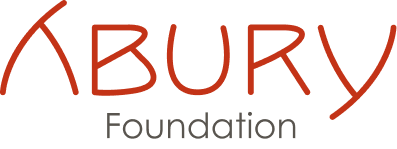
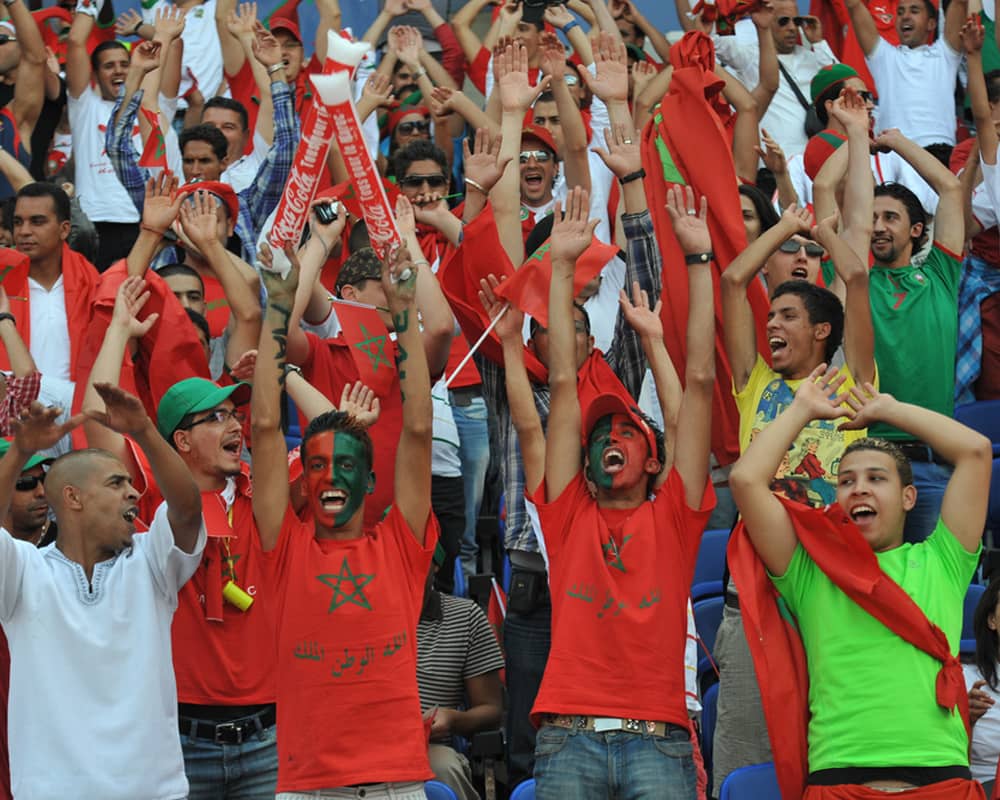

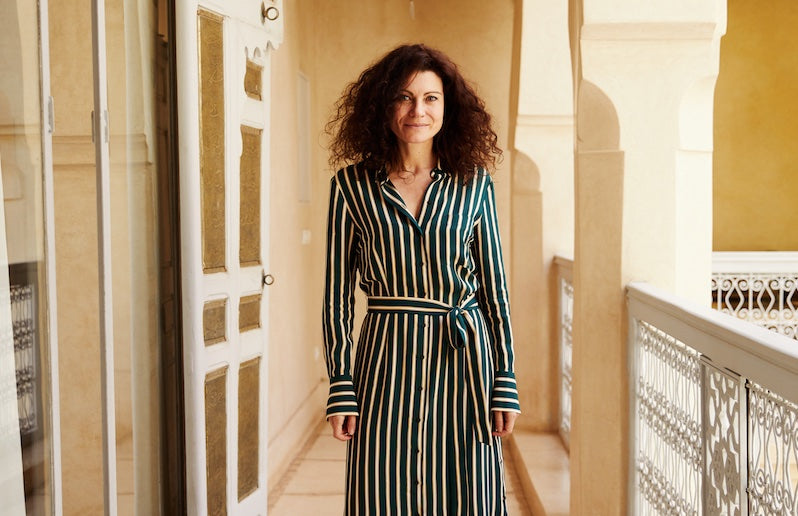
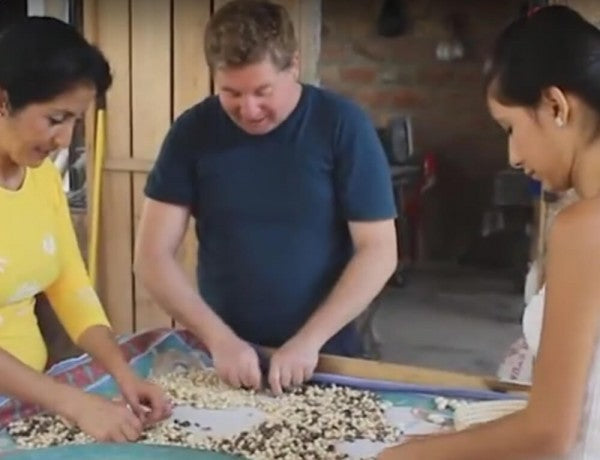
Share: